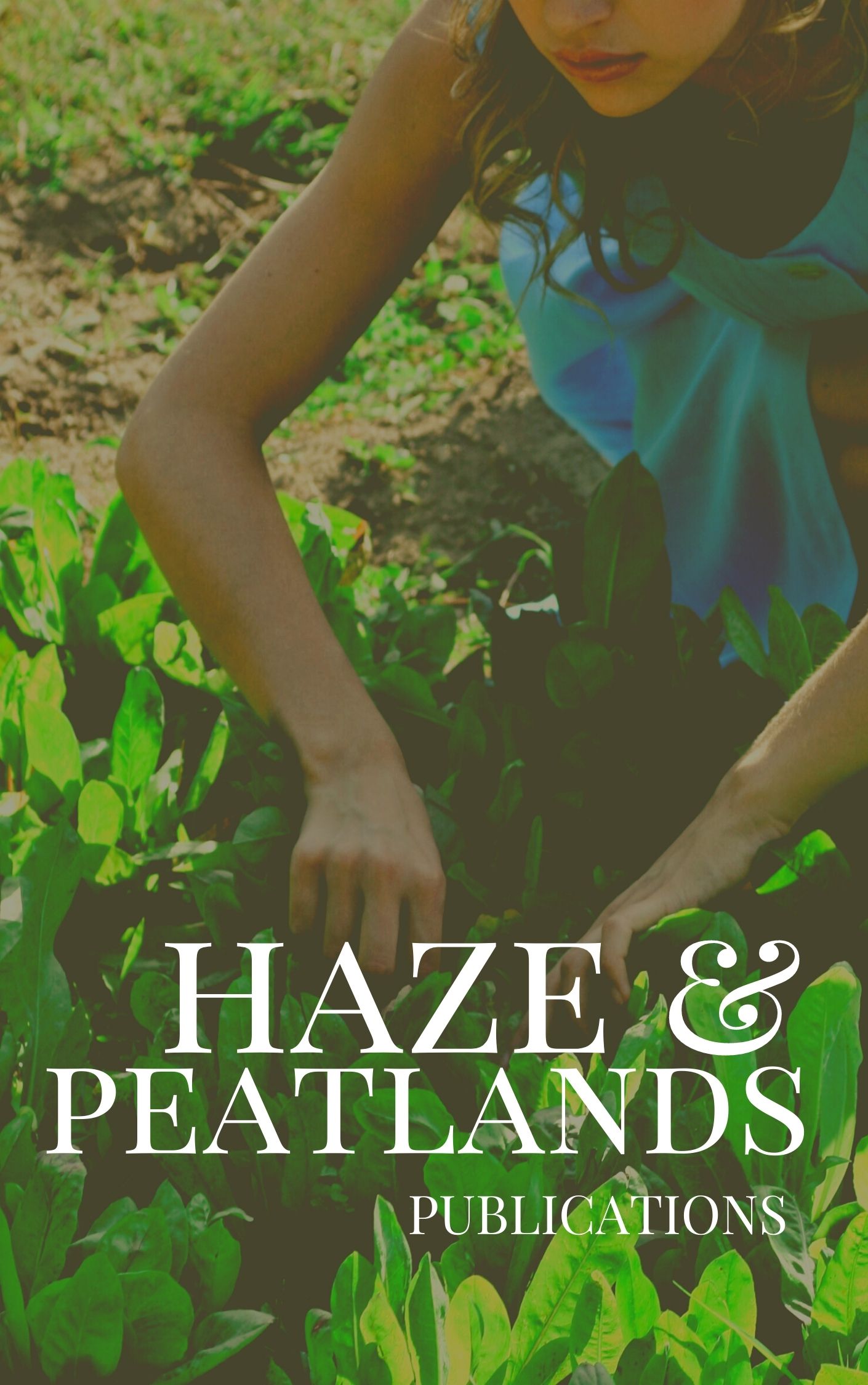Palm oil is a valuable product used all over the world in a vast number of products for daily use. The oil palm, once well established, is very productive, captures large amounts of carbon and provides good protection to the soil. The use of residues as fuel makes oil extraction plants self-sufficient in energy and produces surplus electricity. A large part of the plant nutrients can be recycled by composting empty fruit bunches, with palm oil mill effluent and ashes added. Smallholders contribute close to 50% of the palm oil traded worldwide. The crop has acquired a bad reputation, however, because of the forests which have been and continue to be cleared for new plantations. The rate of forest clearing has been particularly high in Indonesia and Malaysia, with Thailand and some African countries following at a distance. Forests on peat soils are also increasingly used, releasing even larger amounts of CO2 from peat decomposition. In the ecologies where oil palm thrives, vast expanses of speargrass (Imperata cylindrica) have resulted from logging and injudicious land use, including poorly managed plantations. Although speargrass is hard to get rid of, a sequence of annual and perennial plant species is capable to suppress the grass, opening a window for planting oil palm in the degraded land. A well-established oil palm crop will then keep the grass out, because of the latter’s intolerance for shade. Thus, the oil palm’s image in the eyes of the public as an ecological disaster can be converted into its opposite: that of a tool to restore the productive capacity of degraded lands. Vast numbers of smallholders can thereby safeguard their livelihood. The oil palm industry has the means and skills to make this happen. © The Author(s) 2019.
View source

